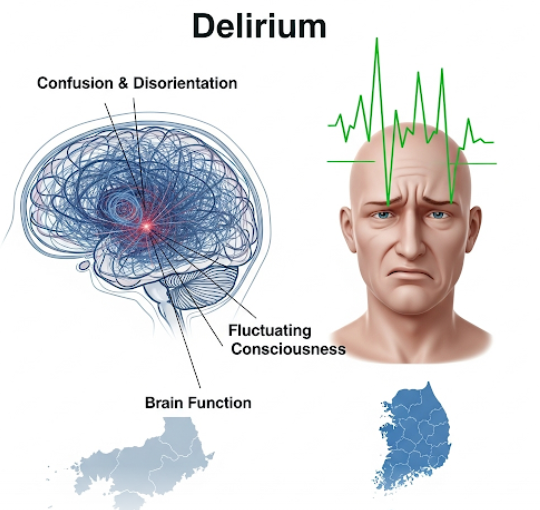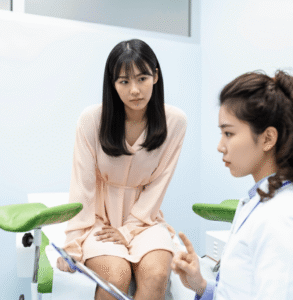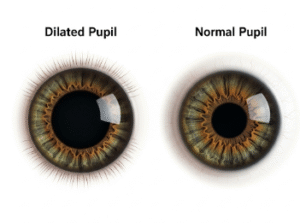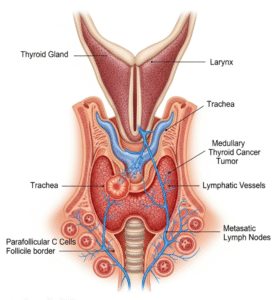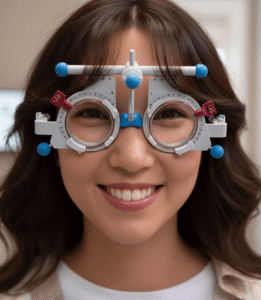Overview
Delirium is a sudden and severe change in mental status, characterized by confusion, disorientation, and altered consciousness. It is a common complication among hospitalized patients, particularly the elderly, and can result from medical illness, surgery, or medications. In Korea, hospitals like Seoul National University Hospital, Asan Medical Center, and Samsung Medical Center provide rapid diagnosis, treatment, and supportive care to reduce complications and improve patient outcomes.
What is Delirium?
Delirium is an acute neuropsychiatric syndrome that develops over hours to days. It is often reversible if the underlying cause is promptly treated. It can affect attention, cognition, perception, and behavior, and is distinct from chronic cognitive disorders like dementia.
Symptoms
- Sudden confusion or disorientation
- Difficulty focusing or sustaining attention
- Fluctuating levels of consciousness
- Hallucinations or delusions
- Agitation or restlessness
- Sleep-wake cycle disturbances
- Emotional disturbances such as fear or anxiety
Causes
- Infections (e.g., urinary tract infections, pneumonia)
- Medications or drug withdrawal
- Surgery or anesthesia, particularly in elderly patients
- Metabolic imbalances (electrolyte disturbances, hypoglycemia)
- Dehydration or malnutrition
- Chronic illnesses like heart failure or kidney disease
Risk Factors
- Age over 65 years
- Pre-existing cognitive impairment or dementia
- Severe illness or multiple comorbidities
- Prolonged hospitalization, especially in ICU
- Polypharmacy (use of multiple medications)
- Sensory impairments such as hearing or vision loss
Complications
- Increased risk of falls and injuries
- Prolonged hospitalization and delayed recovery
- Higher morbidity and mortality in hospitalized patients
- Persistent cognitive decline in some cases
- Emotional distress for patients and caregivers
Prevention
- Regular monitoring of at-risk patients in hospitals
- Maintaining hydration and balanced nutrition
- Minimizing unnecessary medications and sedatives
- Ensuring proper sleep, orientation, and sensory support
- Early mobilization and physical activity for hospitalized patients
- Prompt treatment of infections or metabolic imbalances
Treatment Options in Korea
Treatment focuses on addressing underlying causes and providing supportive care.
- Diagnosis
- Clinical evaluation using tools like the Confusion Assessment Method (CAM)
- Blood tests to check for infections, electrolyte imbalances, or organ dysfunction
- Medication review for drugs that may precipitate delirium
- Imaging if structural brain abnormalities are suspected
- Medical Treatments
- Correcting underlying medical conditions (infection, electrolyte disturbances, hypoxia)
- Adjusting or discontinuing causative medications
- Short-term use of antipsychotic medications if severe agitation occurs
- Pain management and comfort measures
- Supportive Care
- Orientation aids such as clocks, calendars, and familiar objects
- Ensuring adequate hydration and nutrition
- Regular sleep-wake cycle management
- Family involvement and reassurance
- Specialized Hospitals in Korea
- Seoul National University Hospital – Geriatric and neuropsychiatry care
- Asan Medical Center – Acute care and ICU delirium management
- Samsung Medical Center – Multidisciplinary treatment including neurology and psychiatry
- Local hospitals and clinics for follow-up and rehabilitation
- Long-Term Follow-Up
- Monitoring for cognitive recovery and residual deficits
- Continued care for underlying medical conditions
- Psychological support for patients and caregivers
- Preventive strategies for future episodes, especially in high-risk populations

